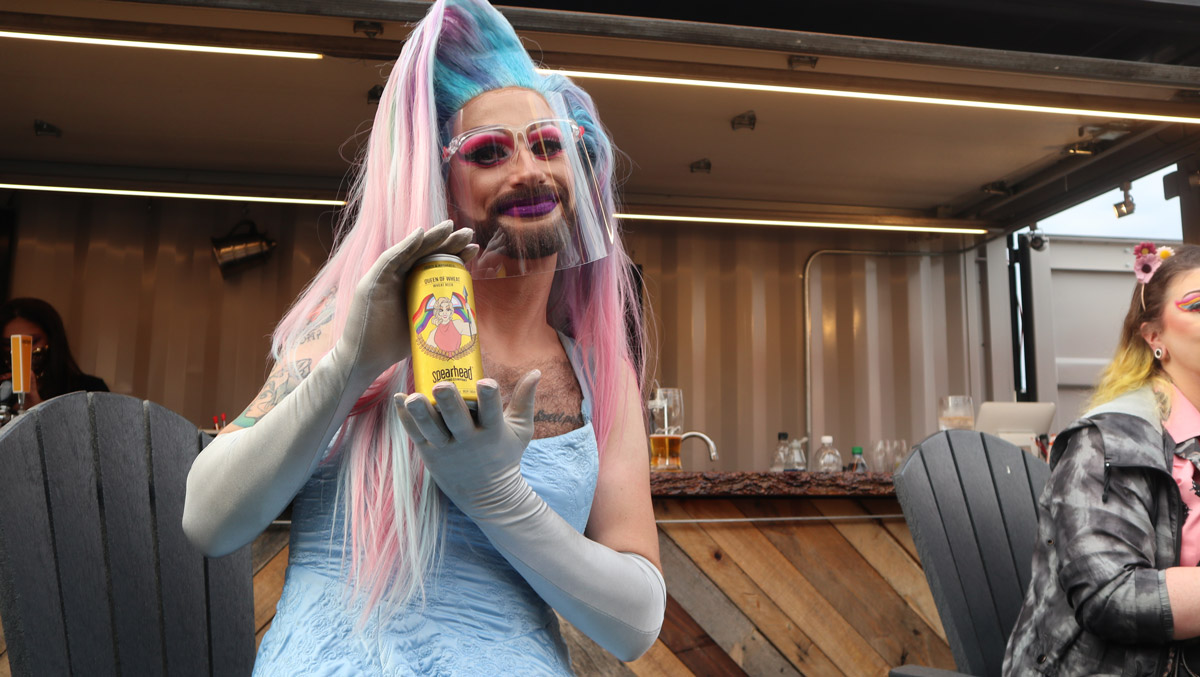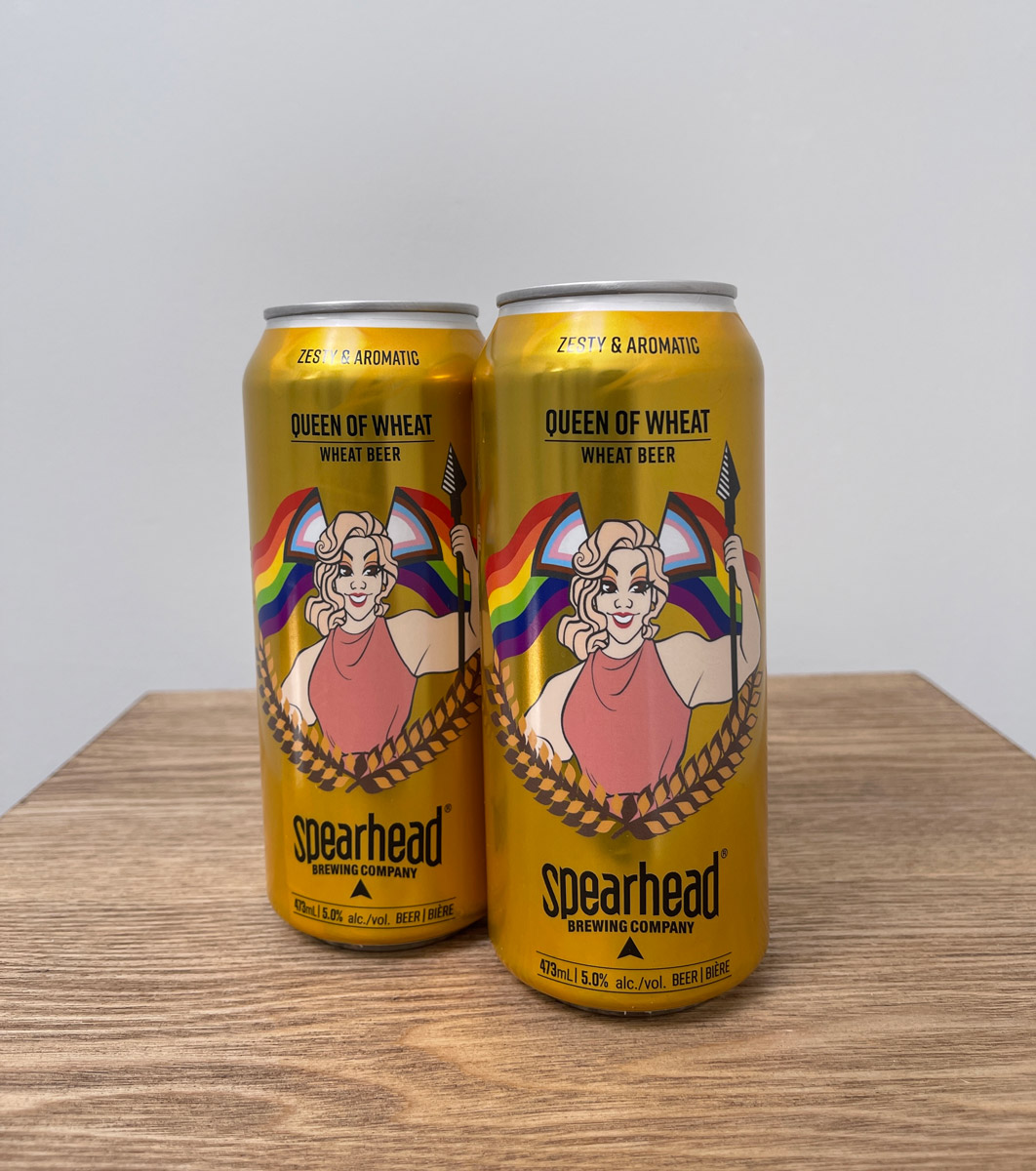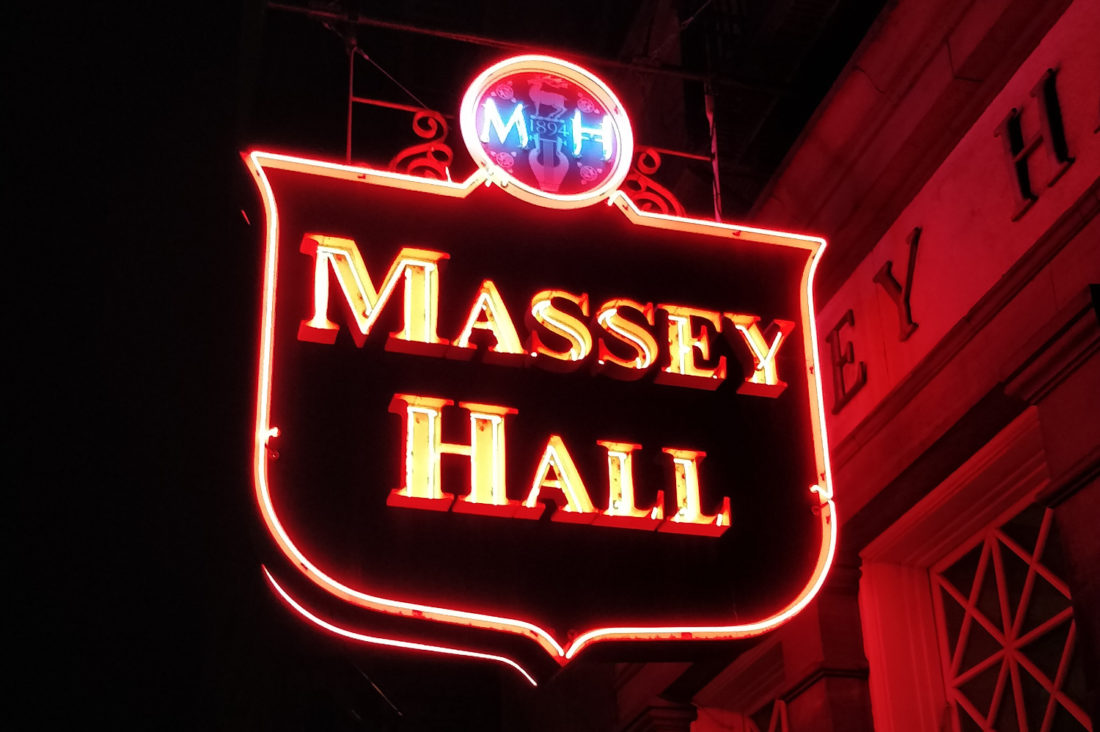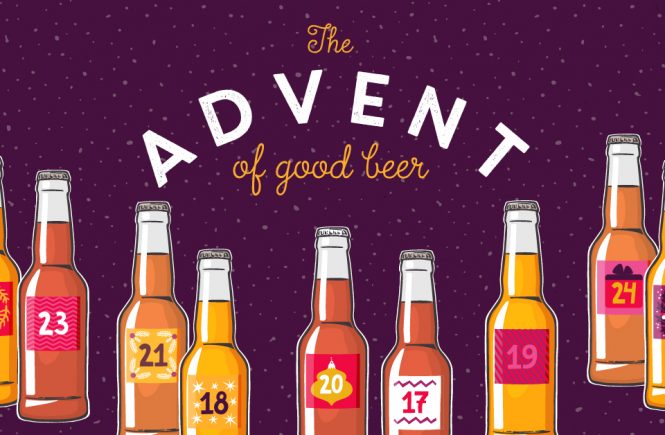How collaborations are redefining the social role of breweries in the community

In an age when breweries are struggling to stick out among the ever-growing beer scene, no tool has been more handy for publicity and hype than the collaboration beer with a celebrity.
These collabs are often successful and reliably make headlines. Before the pandemic there were festivals, namely Session, which were almost entirely made up of celebrity collaborations. Recent notable examples include Calgary-based Big Rock Brewing’s Lake Fever Lager made with the Tragically Hip and Toronto’s Henderson Brewing teaming up with Rush for the Rush Canadian Golden Ale.
But while celebrity brewery collaborations are still chugging along, more recently beer lovers will have noticed that they’re being replaced with collabs that are smaller in scale and have the brewery teaming up with local or international charities and organizations with causes that range from combating bigotry and aiding the marginalized to furthering research into illnesses or fighting climate change.
Ontario has no shortage of examples. People’s Pint Brewery and Little Beasts Brewing teamed up with 102.1 The Edge to make a beer that benefitted the Ontario SPCA. Red Tape Brewery created a Pride Series, seven beers in collaboration with seven members of the LGBTQ+ community and proceeds going to ACT Toronto. There are even international collaborations such as Brave Noise, in which breweries are given a recipe to brew with proceeds going to a charity or organization that fights issues women, BIPOC, and LGBTQ+ folks face in the beer industry.

Josh Hayter, owner of Spearhead Brewery, is no stranger to charity collaborations. “We tend to work with charities that are an extension of our core values.” When the brewery moved to Kingston in 2018, becoming a community hub in more than just name only was a huge priority. They have a regular rotation of charities receiving proceeds on select beers in the taproom and often release canned collabs such as Queen of Wheat, which is made with activist and drag performer Rowena Whey and The Canadian Centre for Gender and Sexual Diversity (CCGSD).
The noticeable rise in charitable collaborations has a number of causes, but the two main ones are a result of a moral and business response to the pandemic paired with the long growing conversation of the social role of a brewery in the community.
The former is a matter of practicality: a global pandemic tends to decrease the number of events breweries would have no trouble sponsoring. Charitable collaborations are a way to continue that public support. For Spearhead, who were already active in charitable endeavours, the resolve to give back only strengthened during this time, even deepening the brewery’s connection to Kingston.
“During the pandemic when we lost a lot of potential sales from bars and events, the community stepped up to support us and bought our beers online, giving us essentially a reason to be,” he says. “We feel it’s important to give back to the communities that support us so these collabs allow us to raise these groups up in kind.”
The latter reason is part of a larger conversation that has created drastic shifts in how a brewery should operate in the public sphere.
The past three years have seen what has become a reckoning for some of the deep systemic social issues found within the beer industry. Public awareness has increased as we have become more online during the pandemic. Moments such as Michigan-based Founders Brewing facing a fallout due to racist discrimination in the workplace and former Notch Brewing production manager Brienne Allan posting a massive number of anonymous accounts of sexual abuse and harassment on Instagram have dragged the beer industry’s problems into the public view.
“As these things are happening, beer nerds along with John and Jane Q Public are starting to pay attention to so much more and are asking these questions.” says Ren Navarro, owner of Beer. Diversity. “People want to be smarter about where they spend their money and we’re at a point where a flash in the pan thing that involves a hashtag or a single quick donation once a year isn’t cutting it anymore. Breweries have to create lasting relationships.”
These issues, along with the public response, are not exclusive to the beer industry and it’s easy to be cynical about any business looking to be charitable. Whether it’s hashtags, black squares, pink products, and rainbows, it’s valid to feel cautious in trying to distinguish between a business trying to do good and one just providing lip service. And at the end of the day breweries are a business and there’s a bottom line that comes into play.
Businesses are still made up of people, however. Often good people that want to do what they can to make the world a little bit better. Publicity and looking good is a byproduct of charitable actions, of course, but if you have a business that has listened to their community and is doing what they can to support it while giving the public the chance to learn more and donate in turn, then it’s clear they’re approaching this with more thought than lip service.
“People are asking breweries to pause and make their link to the community more meaningful and more real,” says Navarro.
Craft beer has built its reputation on the largely manufactured image of the small local brewery that’s part of the community. Trying to live up to that ideal is a noble goal, but one of the key ways of doing so is by embodying the core tenet that every good community lives by:
“We look out for each other here.”



